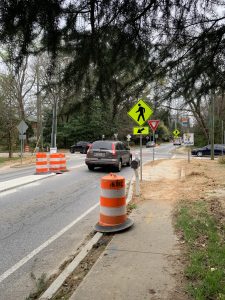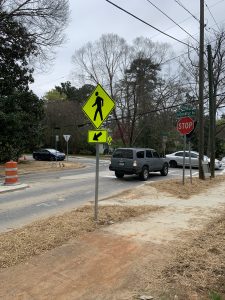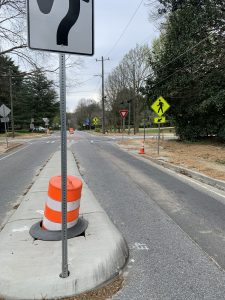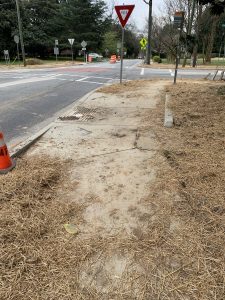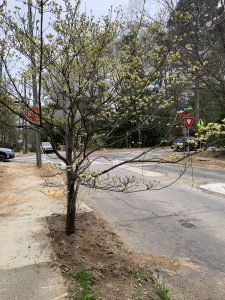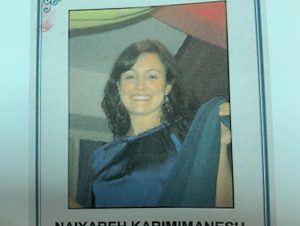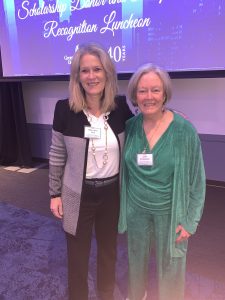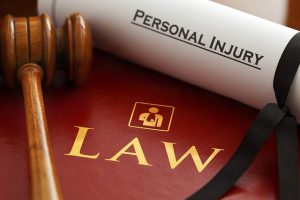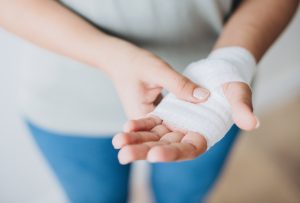
Often, when there has been a string of trial victories for the plaintiff, the defense bar overreacts and calls for a wholesale change in our Civil Justice System. This often includes a feigned outrage over plaintiff’s attorneys’ contingency fees, as if how a plaintiff’s attorney is paid for their success is the root of all evil in the Civil Justice System (or even any business of the defense attorney or the Court). Some defense attorneys even go as far as calling for an end to all contingency fees for plaintiff’s attorneys, or at least that some very small percentage be used as a cap, as if the Legislature has some authority to intervene in a lawyer’s ability to contract with her client. We know that some of this mock outrage by defense attorneys is all for show for their clients. But it sure gets old. Just see the look on their faces when you suggest that defense lawyers only get paid if they are successful at trial. They will end that discussion pretty quickly.
The constant attack of plaintiff’s lawyers and the contingency fees by which plaintiff’s attorneys are paid makes me think of the critical role contingency fees play in our civil justice system. It is not a stretch to say that without contingency fees, most injured plaintiffs would never be able to bring a case to seek Justice for their injuries. What person who has been seriously injured in a car wreck, for example, who cannot return to work due to those injuries and has no income coming in even to pay for groceries, could possibly afford to hire an attorney and pay him/her an hourly fee to bring a civil case for his injuries? Add to that the fact that the average length of a civil lawsuit now is easily 3-5 years. No individual could possibly continue to pay an attorney an hourly fee for 3-5 years of work to bring a personal injury case for Justice, plus the necessary expenses to bring a case to trial. Enter the contingency fee. A contingency fee allows such an injured individual to hire a good trial lawyer who is willing to bear the risk and expenses of bringing such a personal injury case to trial for the individual. The client owes the attorney a fee only if and when the attorney is successful for the client. It works perfectly.
Yesterday, a Virginia Court pointed out this critical value of a contingency fee in a personal injury case. In determining that a plaintiff’s attorney’s contingency fee of 1/3 of the recovery was reasonable, the Virginia Court noted: “A contingent fee may permissibly be greater than what an hourly fee lawyer of similar qualifications would receive for the same representation.” Restatement (Third) of the Law Governing Lawyers, supra, § 35 cmt. c. That is so because “contingency fee agreements transfer a significant portion of the risk of loss to the attorneys taking a case.” Portsmouth 2175, 298 Va. at 334, 837 S.E.2d 504 (quoting In re Abrams, 605 F.3d 238, 246 (4th Cir. 2010)). “A lawyer might expend considerable effort” only to recover nothing. Id. Or “a lawyer may expend minimal time on a case and obtain a full recovery.” Id. Moncrieffe v. Deno, 0342-22-2, 2023 WL 362445, at 4 (Va. Ct. App. Jan. 24, 2023). The Moncrieffe Court took the opportunity to sing the virtue of contingency fees and their necessity in a fair and smoothly working civil justice system. See generally Restatement (Third) of the Law Governing Lawyers, supra, § 35: “Contingent-fee arrangements perform three valuable functions. First, they enable persons who could not otherwise afford counsel to assert their rights, paying their lawyers only if the assertion succeeds. Second, contingent fees give lawyers an additional incentive to seek their clients’ success and to encourage only those clients with claims having a substantial likelihood of succeeding. Third, such fees enable a client to share the risk of losing with a lawyer, who is usually better able to assess the risk and to bear it by undertaking similar arrangements in other cases (cf. Restatement Second, Agency § 445.” Moncrieffe v. Deno, 0342-22-2, 2023 WL 362445, at 4 (Va. Ct. App. Jan. 24, 2023).
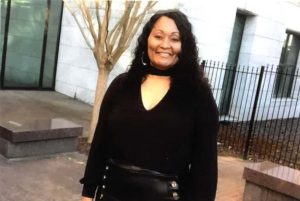
 Atlanta Injury Lawyer Blog
Atlanta Injury Lawyer Blog





